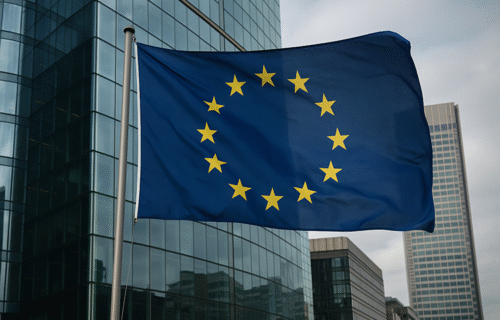Germany’s finance ministry has opened the door to a deeper level of European financial integration, marking what could be a turning point in the long-stalled effort to create a genuine capital markets union across the EU. Finance Minister Lars Klingbeil has indicated that Berlin is ready to consider transferring greater supervisory powers from national regulators to the European Securities and Markets Authority (ESMA) — a significant change in tone after years of resistance.
The move reflects growing recognition that fragmented regulation is holding back Europe’s financial competitiveness. Advocates argue that more consistent rules and oversight could help channel investment across borders, giving European companies broader access to funding and investors greater confidence in transparent markets. For Germany — whose economy remains heavily reliant on bank lending rather than equity or bond financing — this could represent both an opportunity and a challenge.
If Berlin follows through, it could revive long-running European efforts to unify capital markets and reduce the continent’s dependence on bank credit. Policymakers believe this would strengthen Europe’s ability to finance innovation, compete with U.S. markets, and support industrial transitions such as decarbonisation and digitalisation.
Yet the proposal also raises complex questions about sovereignty and regulation. Critics warn that centralising power in Brussels may dilute national flexibility and create a “one-rule-fits-all” regime that overlooks the specific structures of local markets. Smaller member states worry that such a shift could erode their competitive niches as financial hubs, while some German voices fear losing democratic control over market supervision.
Beyond the politics, there are practical challenges. Transferring authority from dozens of national regulators to a single European body would require legal changes, new data systems, and clear lines of accountability. Market participants also warn that poorly managed centralisation could slow decision-making or discourage innovation, particularly in fast-moving sectors such as fintech and digital assets.
Still, many analysts see Germany’s change in stance as a necessary step. Without Berlin’s support, progress toward a single European capital market has repeatedly stalled. Now, with the Franco-German axis once again aligned, officials in Brussels believe a breakthrough may finally be within reach.
If implemented carefully, stronger European supervision could make it easier for investors to move capital freely across borders, simplify compliance for international firms, and provide a foundation for a more resilient and competitive financial ecosystem. But success will depend on balance — ensuring that integration strengthens Europe’s collective position without erasing the diversity and adaptability of its individual markets.
For now, Germany’s shift marks more than a policy adjustment. It signals a recognition that the future of European finance will depend less on national boundaries and more on shared trust, unified standards, and a willingness to think — and regulate — at a continental scale.
